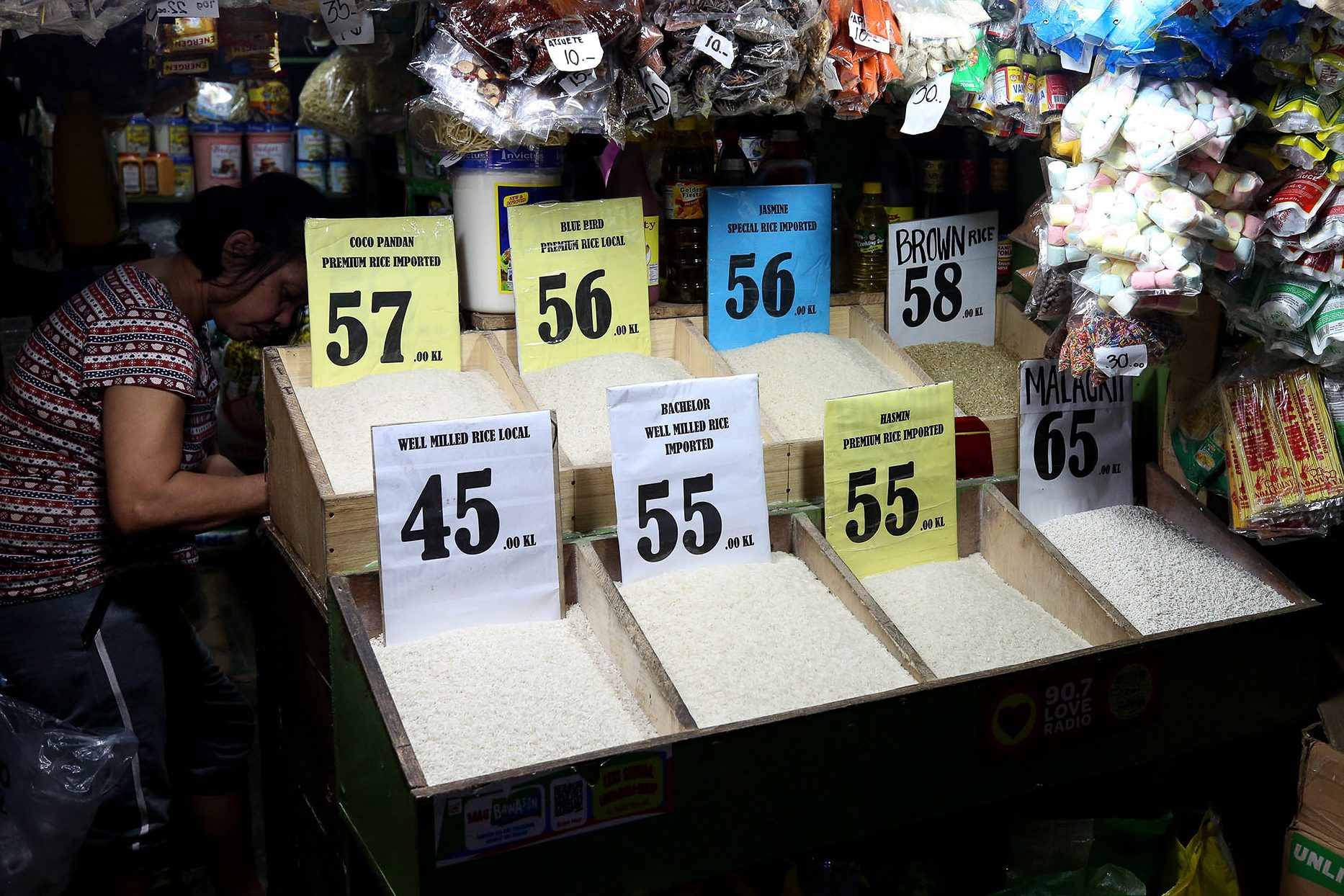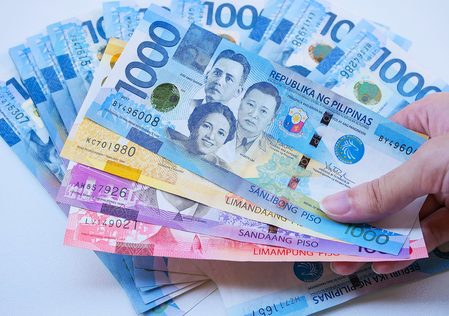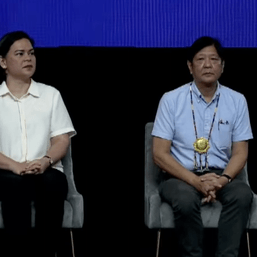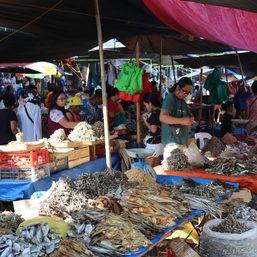SUMMARY
This is AI generated summarization, which may have errors. For context, always refer to the full article.

MANILA, Philippines – As rising prices continue to haunt the economy, it seems that the Bangko Sentral ng Pilipinas (BSP) and the National Economic and Development Authority (NEDA) disagree on how to steer an inflation-stricken Philippines forward.

The BSP is poised to hike interest rates again in November to keep rising inflation under control, but if you ask NEDA Secretary Arsenio Balisacan, that could just hurt consumers and the economy even more.
“If I were on the Monetary Board, I would say no because we have been the most aggressive in our region in raising interest rates,” Balisacan told reporters in a press chat on Friday, October 6.
“And of course, we know raising interest rates will hurt the economy, will hurt consumers, will hurt producers. And that has also long-term effects.”
Balisacan said the economy could withstand more rate hikes if necessary, but doing so would put the economy “quite away from our peers in the region.”
“That’s not something we can be proud of, because that’s increasing the cost of production, depressing consumer demand. The whole domestic demand is going to be affected, and the impact is more longer term,” he added.
Balisacan was also concerned that it could impact foreign exchange rates and make the country’s exports more expensive.
Since May 2022, the BSP has hiked its key policy rate – which influences interest rates charged by banks – by a total of 425 basis points in an effort to rein in persistent inflation.
During its September meeting, the central bank’s Monetary Board kept its rate steady at 6.25% for the fifth straight time, but BSP Governor Eli Remolona Jr. said another hike could be on the table for November depending on “how bad the data is.”
Inflation in September jumped to 6.1%, going up for the second straight month. Year-to-date, average inflation stands at 6.6%, pushed further away from the government’s target range of 2% to 4%.
But even as inflation climbs, Balisacan – who does not have a seat on the central bank’s board that sets the key policy rate – does not believe monetary tightening is the right tool to use.
“We also know very well that the source of the inflation is supply side. It’s not the demand side that requires monetary solution,” he told reporters.
Other analysts have also challenged the effectiveness of the BSP’s rate hikes. Nicholas Mapa, senior economist at ING Bank, said they were ineffective against the supply-side pressures on inflation.
“This number just sort of proves to us that BSP rate hikes are largely ineffective against cost-push inflation,” Mapa said about the September inflation rate in an interview on ANC’s Market Edge on Thursday, October 5.
“Unless you address the underlying issues of supply-side bottlenecks or lack in supply, you’re not going to be able to fight off inflation. You’re using the wrong tool,” he added. – Rappler.com
Add a comment
How does this make you feel?






![[In This Economy] Part 2 | POGOnomics: Are we banning POGOs out of fear, outrage, not rational thought?](https://www.rappler.com/tachyon/2024/06/thought-leaders-pogonomics-part-2b.jpg?resize=257%2C257&crop=292px%2C0px%2C720px%2C720px)
![[In This Economy] POGOnomics: Weighing the costs and benefits of POGOs](https://www.rappler.com/tachyon/2024/06/thought-leaders-pogonomics-part-1.jpg?resize=257%2C257&crop=279px%2C0px%2C720px%2C720px)
![[In This Economy] Is the Philippine economy stable?](https://www.rappler.com/tachyon/2024/05/philippine-economy-stable-may-10-2024.jpg?resize=257%2C257&crop=461px%2C0px%2C1080px%2C1080px)





![[In This Economy] Peso approaches P60 per dollar once more. So what?](https://www.rappler.com/tachyon/2024/05/TL-peso-dollar-economy-may-24-2024.jpg?resize=257%2C257&crop=302px%2C0px%2C720px%2C720px)
There are no comments yet. Add your comment to start the conversation.